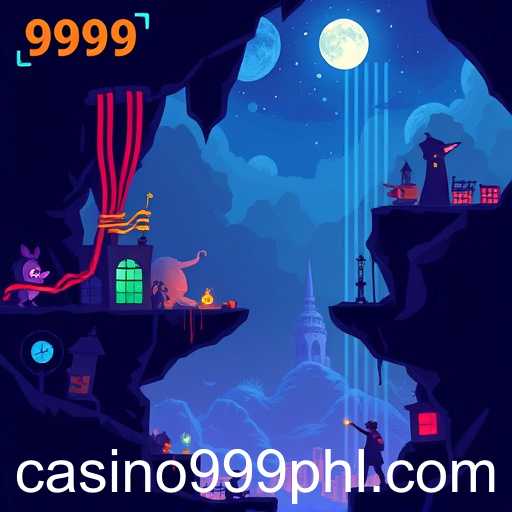In recent years, the indie gaming scene has witnessed a remarkable transformation, evolving from a niche market into a significant influence on the gaming industry as a whole. With the keyword '999phl' symbolizing this unique category, indie games are now celebrated for their creativity, diversity, and the passionate communities they foster. Unlike their triple-A counterparts, indie games often thrive on innovative concepts, experimental gameplay, and artistic expression, all while operating on a fraction of the budget.
The appeal of indie games lies in their ability to break norms and offer fresh experiences. Developers are not confined by the expectations of a large publisher, allowing them to explore unconventional storytelling, diverse art styles, and unique mechanics. This freedom has led to a wave of games that resonate deeply with players searching for more than just high-definition graphics and massive online multiplayer modes.
The keyword '999phl' within the indie game category hints at the vast and varied nature of games included. From critically acclaimed titles like 'Hollow Knight' and 'Celeste' to quirky and lesser-known gems, indie games deliver a spectrum of experiences. They often tackle mature themes and explore topics such as mental health, identity, and social issues—themes that larger studios might shy away from due to potential controversies or commercial risks.
Indie games have also made significant strides in technological innovation. With smaller teams and limited resources, developers must capitalize on creativity and resourcefulness to compete. This has led to breakthroughs in procedural generation, AI technology, and even virtual reality integrations within indie projects. The result is a competitive landscape where ingenuity is the primary tool for developers looking to stand out in a crowded marketplace.
Furthermore, the indie gaming community plays an invaluable role in the success of these games. Online platforms like Kickstarter and Patreon enable fans to directly support developers, fostering a sense of community ownership and personal investment. These platforms add a new layer of interaction where feedback during development is paramount, allowing games to grow and evolve based on community input.
In conclusion, indie games, encapsulated by the '999phl' category, continue to redefine what is possible in the gaming industry. With their innovative approaches and dedication to artistry and storytelling, indie developers are not just creating games; they are crafting experiences that challenge and expand our understanding of what games can be. As the indie gaming scene continues to flourish, it will undoubtedly leave a lasting legacy on both current and future generations of gamers.








